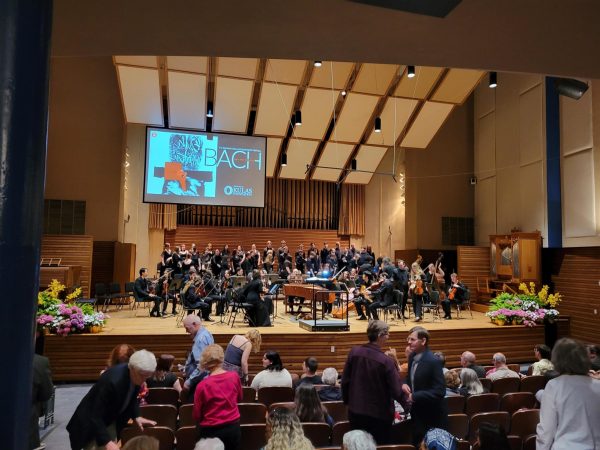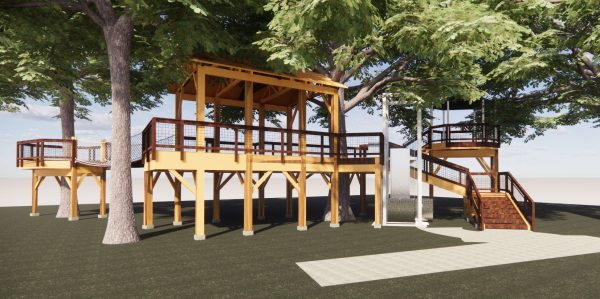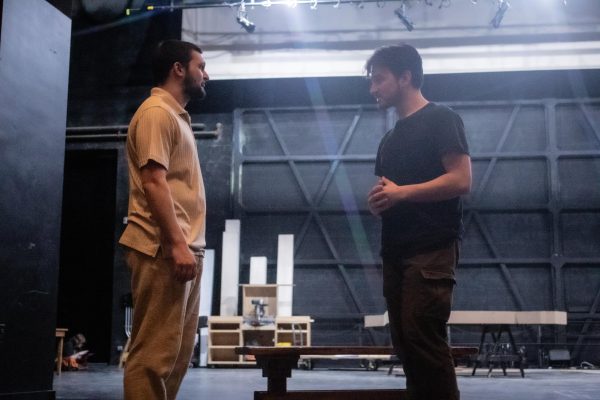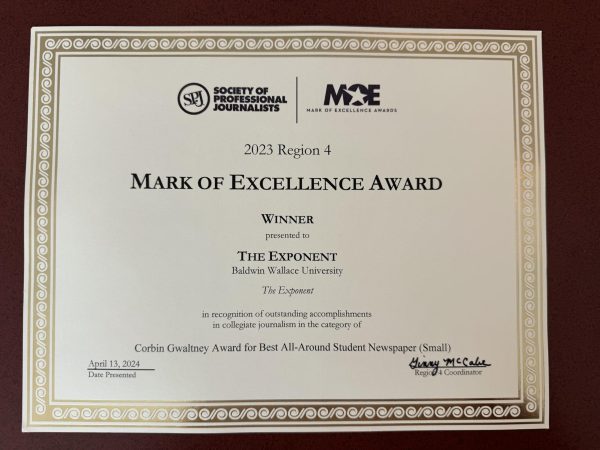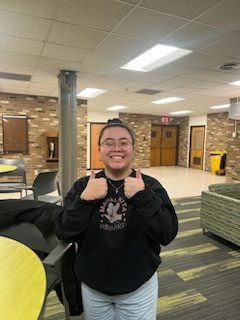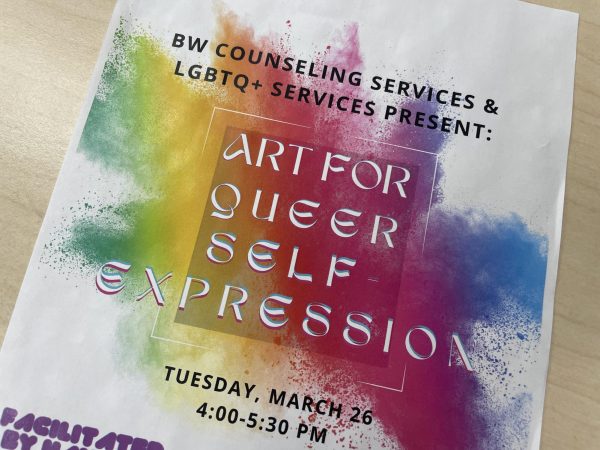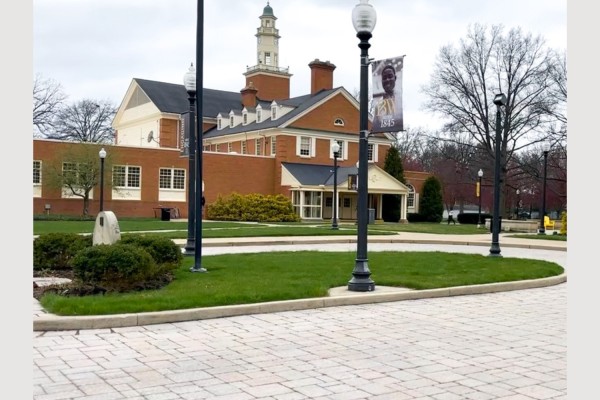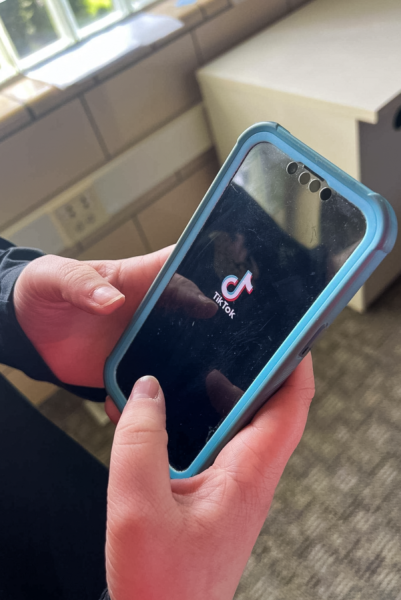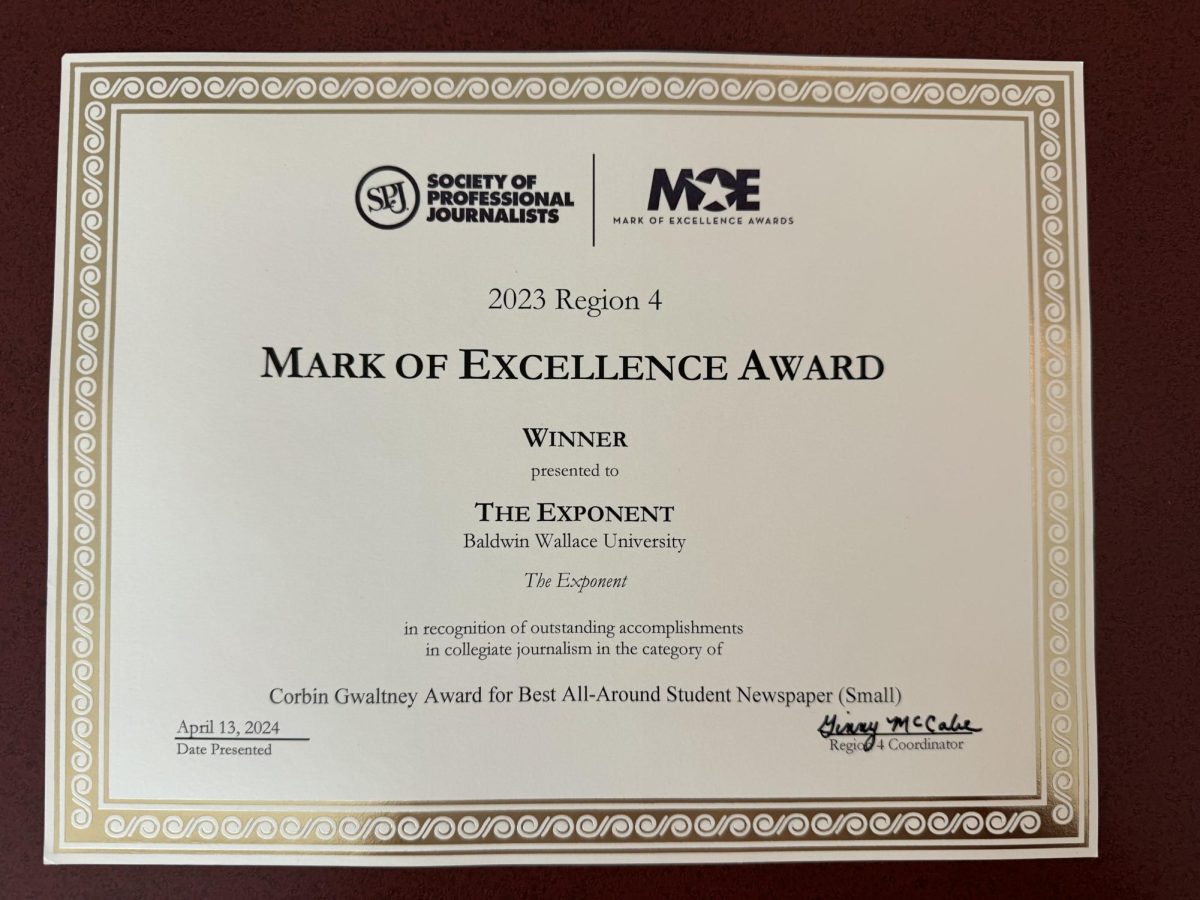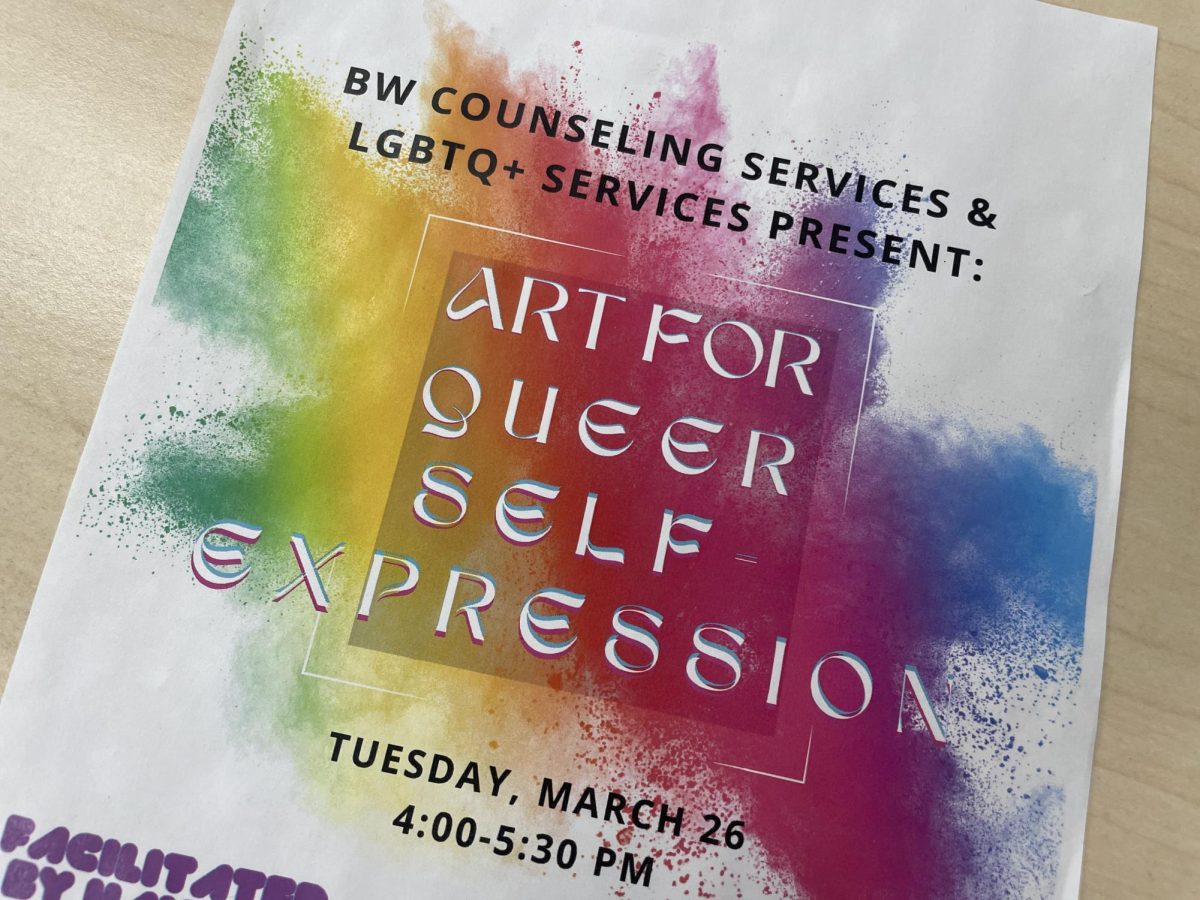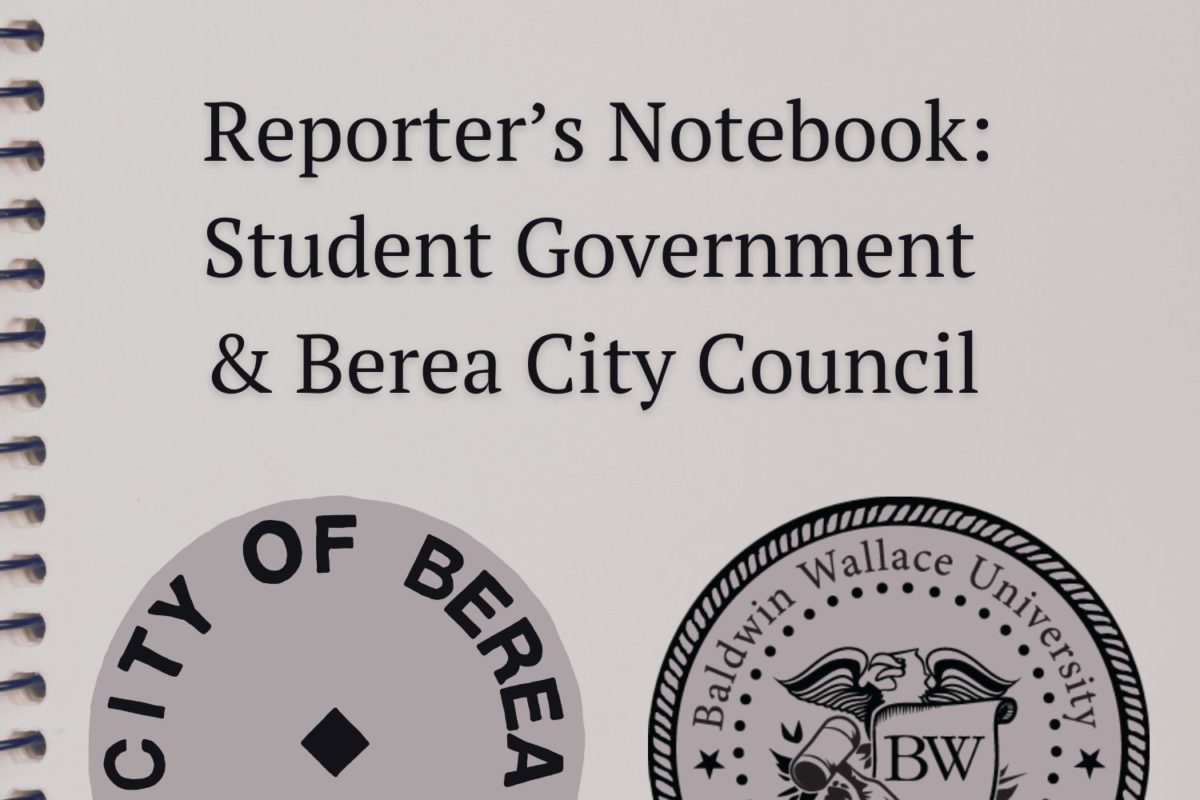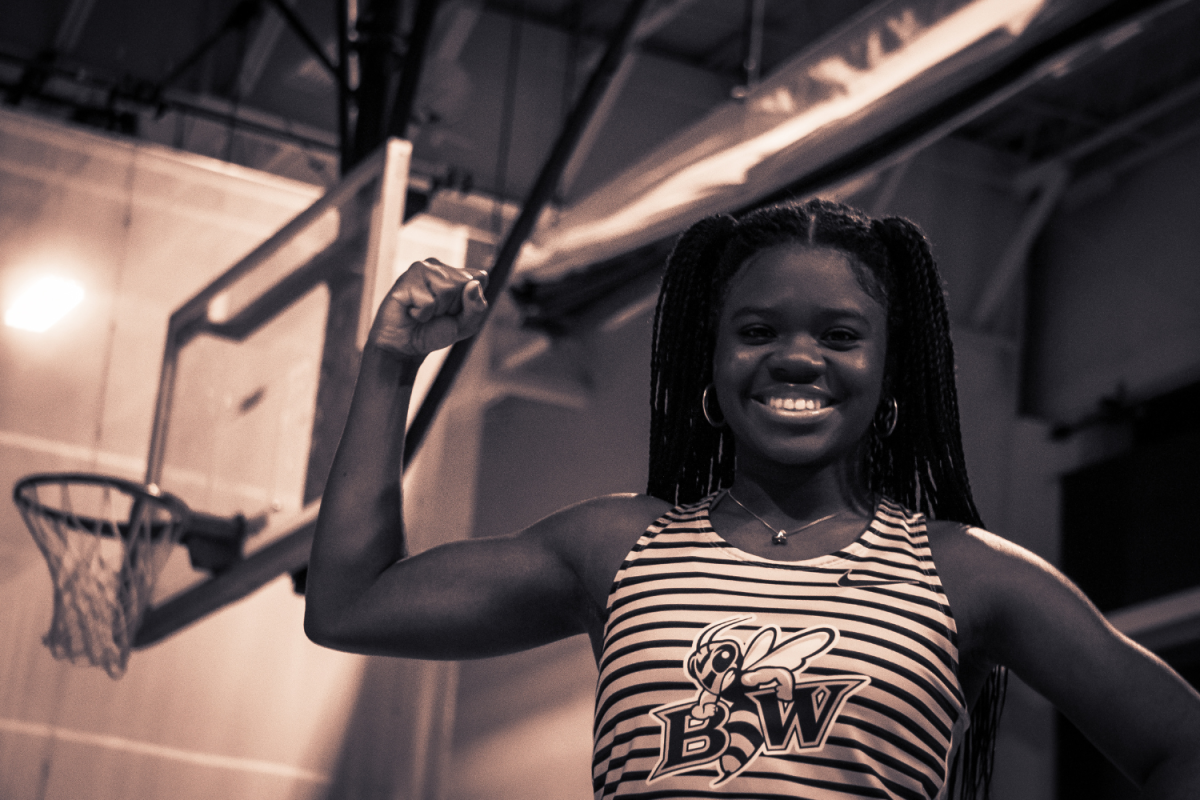‘Campus fridge’ program to target food insecurity
Baldwin Wallace is in the process of implementing free sustainable food stops that will be spread throughout various locations across campus beginning next semester.
Dr. Christy Walkuski, director of the center for community engagement, said sustainable food stops are refrigerators spread across campus designated at specific locations with the focus to “reduce food waste and address food insecurity.”
Over the course of the past year, students, staff, and faculty have met and discussed the issue of “the amount of food waste at events on campus,” said Walkuski.
“[For example] a student organization orders a bunch of food thinking they are going to have 100 people and only six people show up,” said Walkuski. “What do you do with all that food?”
The idea for implementing campus fridges began when residence life was getting rid of refrigerators and asked if there was any use for them, said Walkuski.
“It got the group thinking: there’s food going to waste on campus [and] there are students who need food on campus—how can we bring those two together?” said Walkuski.
Along with food waste, Walkuski said, food insecurity was another reason to implement campus fridges.
According to the USDA, food insecurity is defined as “limited or uncertain availability of nutritionally adequate and safe foods or limited or uncertain ability to acquire acceptable foods in socially acceptable ways.”
Professor of Sociology and Co-Director of the Sustainability Program, Dr. Jill Fleisher, said last fall a scientific survey was conducted that found that BW students match the average rate of food insecurity across the country.
“[Following] the USDA’s index to measure food insecurity, BW has rates of food insecurity among its students that mirror the food insecurity on other campuses around the country,” said Fleisher. “Hopefully we will reduce our waste and, at the same time, help our students who might be struggling.”
Dr. Franklin Lebo, assistant professor of sustainability, said the placement of sustainable food stops was determined by the most frequently visited places across campus.
The reason for strategically placing fridges on campus is so when a campus event is completed “you don’t have to travel across campus for whatever event happens. You just take [the food] where the closest food stop might be,” said Lebo.
However, some food stops may be designated to specific students on campus, said Lebo
For example, the “veterans [fridge] is for the veterans,” the fridge at the health center is “just for the athletes,” but the fridges are not just strictly meant for specific people or students across campus, said Lebo. Some spots will be “generally accessible and used by any student who felt the need to use them.” One of the areas considered that may get one of these fridges is Ritter Library, and that fridge would be available “for anybody to access,” said Lebo.
In order to monitor the fridges, student volunteers are currently going through training to properly handle and monitor food stored in the campus fridges.
“This fall semester our priority is food safety training,” said Walkuski. “We are working on developing training where students will be safety trained to know what can be recovered, what shouldn’t be reused, how long [food] should stay, and a very clear process of documenting everything from where the food came from and when it was dropped off.”
In regards to the fridge, Walkuski said “there will be paper work to complete [where the volunteer will] write down what [was] dropped off, and when [it was] dropped off.”
To help advocate the sustainable food stops, an app for phones is in production “to publicize food at events,” said Walkuski.
Brain Krupp, assistant professor of computer science, said a version of the app is being programmed by students for both IOS and Android users, consisting of a map layout and a pin of the location where the food is located.
Using your BW email, a student registers and becomes verified as a BW student for the app; once registered students can “post food that [they] have, or take items that have been posted,” said Krupp.
“The food will have a listing of what type of food it is, what time it was left, what time its good until, any kind of dietary restrictions,” said Krupp. “There will also be an option for you to view what different events are occurring.”
The app restricts posting only to the campus so a student living off campus cannot post that they have food at their house, said Krupp.
A pickup button is designed within the app that allows you to say, “I’ve retrieved all of [the food], or I’ve retrieved some [of the food]. Once the food is gone, [the food will] automatically disappear within the application,” said Krupp.
Walkuski said though some fridges may be designated for a specific group of people, most of the fridges spread throughout the campus will be “open to anyone, even faculty and staff.”
The Exponent is looking for financial contributions to support our staff and our newsroom in producing high-quality, well-reported and accurate journalism. Thank you for taking the time to consider supporting our student journalists.
